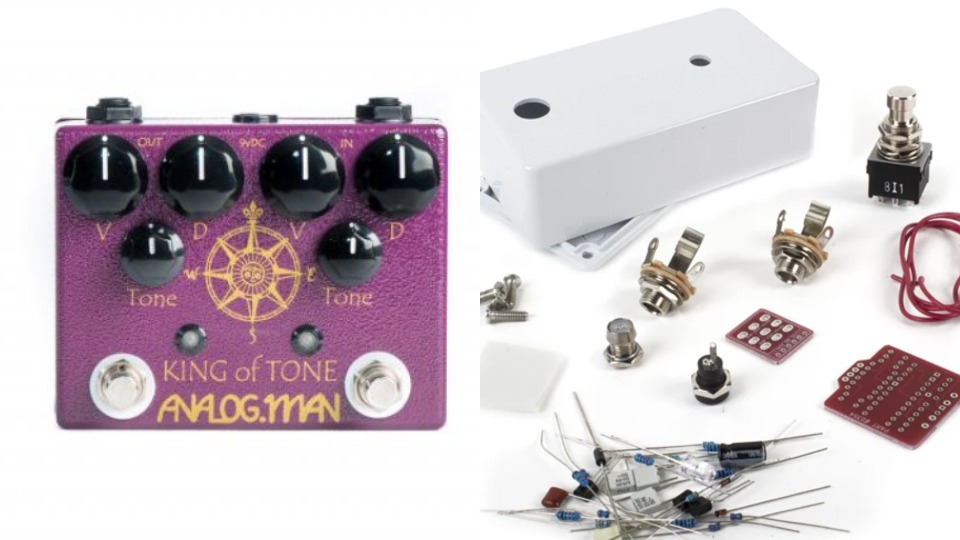yazooligan
Well-known member
I’ve been building for a few years now, and after finding some circuits I really love and receiving some interest from some local shops, I’ve decided to take the dive into producing my first small run (50 to 100 units) pedal for wide sale. I’d like some advice in this arena since while building isn’t new to me, starting a business is and I want to make the most of it.
I’ve had an idea for a pedal that nails a certain era of tones for a few years now, and I think I’ve landed on a circuit to make my own to get there. I’ve reached out to someone who does PCB design to provide me with Gerber files from my schematic, and I have a control layout and some artwork designs in mind. I also feel like I have a good angle for marketing this pedal but I guess we’ll see, lol.
Anyway, just thought I’d ask for any suggestions or advice from those of you who have been down this road.
Thanks, folks!
I’ve had an idea for a pedal that nails a certain era of tones for a few years now, and I think I’ve landed on a circuit to make my own to get there. I’ve reached out to someone who does PCB design to provide me with Gerber files from my schematic, and I have a control layout and some artwork designs in mind. I also feel like I have a good angle for marketing this pedal but I guess we’ll see, lol.
Anyway, just thought I’d ask for any suggestions or advice from those of you who have been down this road.
Thanks, folks!
Last edited:




